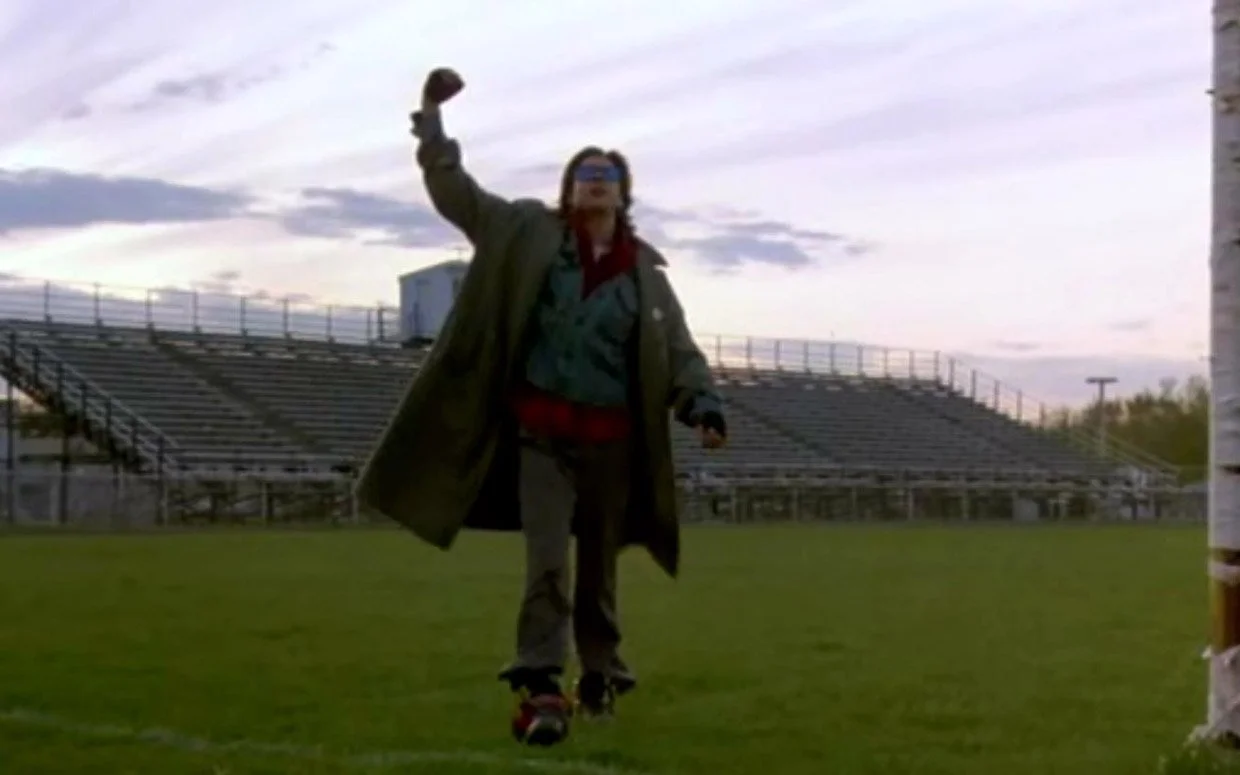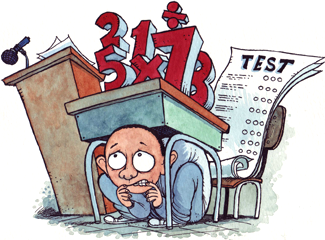Arts Equal...
*** An oldie but a goodie! After a busy summer vacation , Finding Their Light is BACK! I always read this post before the start of the year. It puts me in the best frame of mind to start a new year with new students. Wishing all you theater teachers out there a successful, happy and healthy 2019-2020 school year. What you do is important! ***
Having worked at a youth theatre for many years, I have experienced every type of 'theatre kid' there is. The bubbly, bright eyed, theatre star who sings Hamilton in the corner, wearing the current Broadway swag and gushing about whether Philippa Sou really should have left Hamilton for Amelie. The Broadway experts! The true nerds who can spout names, dates and theatrical history as if it were multiplication tables. The kids who only know shows they have performed in, yet will sing that music every day for the rest of their lives, even if it's the worst song in the cannon. All these types, plus the trillions of subtypes in between, are our own Breakfast Club. The Princess, the swag wearing Hamilton kids. The Brains, the theatre nerds. The Basket Cases, the ones who sing the same music over and over. The magic of theatre has clicked in these archetypes. No matter how different they are, the shimmering look in their eye when the drum fill at the top of 'Oh My God You Guys' plays, is the same and apparent in each of them.
Every year I work at a specific public high school in the suburbs of NYC, where not one of the students knows the lyrics to Wicked. The areas surrounding this school are well-to-do, filled with children who can afford opportunities to attend after school programs or go see a Broadway show. And yet this tiny little school sits a top a hill, far removed from its affluent neighbors, filled with some of the most outstanding young people I have ever met. The culture in the school is diverse to say the least. Many come from immigrant families. These students are taught to work hard, respect their elders and most importantly, be thankful for every opportunity afforded to them. In retrospect, they are the American dream.
It is refreshing to walk in to a school where the students will be unfazed by the title you choose for the musical. They don't know The Wiz from the Wizard of Oz. Any and all musical theatre references like, 'Don't touch me, leave me alone', a sensible Into the Woods sing-a-long or even the Hamilton soundtrack, which has been integrated in American culture, is lost on them. My first few years there caused major flashbacks to high school. I was the theatre nerd amongst all these 'cool kids' who looked at me like I had four heads. Remember that Smashmouth song All Star? Well, I was that girl with a shape of an L on her forehead. Did they love performing? Yes. Did they love learning the material from the show? Most of the time. Did they want to expand their knowledge of theatre? Not a chance. Yet, I loved them because they challenged me. They made me figure out ways to tie theatre to culture and current events, explain basic concepts in a less juvenile way and of course, they made me more hip. Which everyone appreciates.
The goal of the program was never to train the next Broadway performer, but to instill in the community an appreciation and love of the arts. After five years working with this program, the practice and appreciation had grown tremendously. Students looked forward to the musical and a little drama family began to blossom. We even had our first drama club couple! At this point, I was also in the process of working on my graduate thesis.
I cannot explain to you what my graduate thesis was about. I wish I could. The whole process is a jumbled mess in my head between what was supposed to be and what ended up coming to fruition. Thankfully, my thesis was completed with two other people who were equally as passionate and confused about the whole process as I was. They were rockstars, and I felt blessed to be puzzled yet completely invested with them for an entire year. Our original intention was to explore interdisciplinary art. How can all the arts forms (visual art, dance, theatre and music) cross collaborate to form a more holistic artistic experience? Since this particular group of high school students were not fully immersed in any of the arts disciplines, my partners and I thought this would be a great place to try out some of our workshops and collect data that wouldn't be overly saturated with 'arts' kids.
If the thesis itself was one jumbled mess of thoughts, the day of the school workshops was like a night of drinking too many long island iced teas. I have no idea what happened in those workshops. I remember some of them being hysterical. I remember some of them being moving (one in particular which I will discuss in a future blog). I remember some of them being not at all what we were hoping for and thinking, '... and this is how I fail graduate school'. But they happened and seemed to be an excellent catalyst for a deeper conversation about arts in schools.
Post workshops, I asked the sixty or so students to sit in a circle. I stood in the center, spinning like a lunatic, so I never had my back to any one section of the circle, while my partners sat on the outside recording. We asked questions about the workshops, skills they needed to have in order to complete the tasks blah blah blah, insert boring research stuff here.
The last question of the study however was centered around a very real and scary threat to the arts in education. See at this point, we were starting to see the true colors of Betsy Devos, the new Secretary of Education. Lets just say, she is not a big fan of our work. Additionally, conversations had begun about defunding the National Endowment for the Arts. While I continuously say I have no idea what our research was actually about, I know that it centered around feeling threatened and vulnerable. The arts were being perceived as unnecessary and frivolous by our leaders and the trickle down effect was becoming more apparent. If I know anything about our research thesis, it's that the final product came out of these raw feelings. We set out to push back against those who wanted to forget about the benefits of arts education.
After a brief and rather neutral conversation about 'heavens to Betsy' and the NEA, this question was posed:
'What would you say to the people who do not think the arts are important in schools'
Here are some responses:
Like maybe, maybe like the normal basic things of school like reading and writing and math, maybe you struggle with that but here you really feel like yourself and who you are.
It’s good to have arts programs, I think that it’s really important because, I mean, school is good, we don’t like it, but it’s still good. Ya know if you have arts programs you don’t really feel ya know, really trapped…
I feel like the arts help you practice real life situations, you practice communication, you practice just working with people with different perspectives, different races, different everything and that’s how the real world is. You’re going to be constantly working with someone who is different from you and I feel like the arts gives you the ability to learn how to do that.
If we just focus on math and science and stuff, I feel like we will become like very robotic. And with arts we’re able to express ourselves.
ARTS EQUAL IDENTITY. YOU CAN'T JUST TAKE THAT AWAY FROM PEOPLE
Before my very eyes, at that small, secluded school a top the hill, the students morphed in to artists, advocates and appreciators. They joined the ranks of 'theatre kids' - they became 'The Jocks' of our Breakfast Club. The arts have the power to shape lives and help create authentic identity. Throw that fist in the air with pride and sing 'Don't you forget about me'. Don't you forget about the arts.



